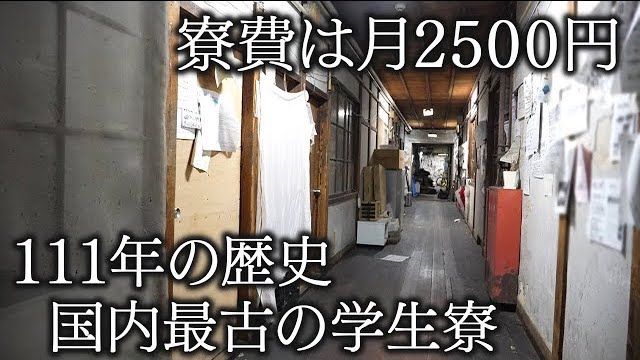The term “Zen” has outgrown its origins as a sect of Buddhism, becoming an ubiquitous descriptor for design, lifestyle and even fashion, leaked from the East to the West and now prefixing a plethora of commodities, from “zen grey” paint to beauty products.
Zen, it seems, sells.
Lifestyle changes brought on by the pandemic have driven us to reconsider the way we live. Many Hongkongers are more keenly aware of their health and well-being. We exercise more often and mindfulness and meditation have risen in popularity, with a corresponding boom in the use of meditation apps. Businesses that sell streamlined, Zen-aligned goods designed for minimal lifestyles have profited.
Take Muji. The Japanese purveyor of simple-life goods has successfully grappled with the challenges of the pandemic; its profits are forecast to hit 45 billion yen (US$347 million) in the year to August 2022, a rise of six per cent and nearing its 2017 high of 45.2 billion yen.
The demand for pared-back lifestyle products doesn’t stop in Muji’s native Japan. China is home to about 300 Muji outlets and, despite Covid-19 restrictions, the appeal of its products is strong. The retailer plans to double the number of stores it has in the mainland.
Uniqlo, too, has weathered the pandemic storm. According to parent company Fast Retailing, its projected annual earnings are expected to rise to a record high of 190 billion yen by August.
It wasn’t until the 1920s and ’30s that Zen became a widely digestible idea. Japanese scholar Daisetsu Teitaro Suzuki (1870-1966) is credited with introducing Zen to the West, spurring today’s interest in spirituality and helping bring Zen into the global consciousness.
As commercialisation of Zen continued post-war, the word lost almost all meaning, becoming an umbrella term.
“If an artwork or design displayed one of the traits of Zen style it was, in turn, usually identified as ‘Zen’,” says Levine, “Perhaps one might turn it into a formula: modern Zen + modern Japanese and Zen aesthetics, processed through transnational exchange (religious, philosophical, artistic, political, economic, etc) = ‘Zen style’, for better or worse.”
And there is a paradox: acquiring more objects is at odds with the philosophy of Zen. The act of buying newly made Zen-inspired products – needless rather than needful things – from wealthy, globalised retailers feels most un-Zen-like.
Muji employs a yojijukugo (a four-character idiom) as its full name: Mujirushi Ryohin, often translated as “No-Brand Quality Goods”.
The word mu – meaning no, not or non – is key in Zen Buddhism and appears in numerous terms such as mugyo (formlessness), mujo (impermanence) and muga (non-self). The Muji brand message in particular leans strongly on emptiness, a crucial tenet of Zen Buddhism. ...continue reading










